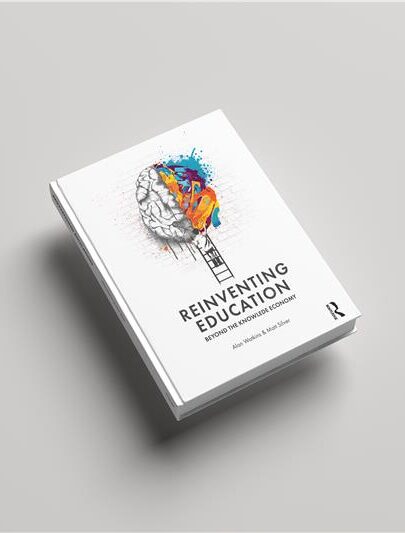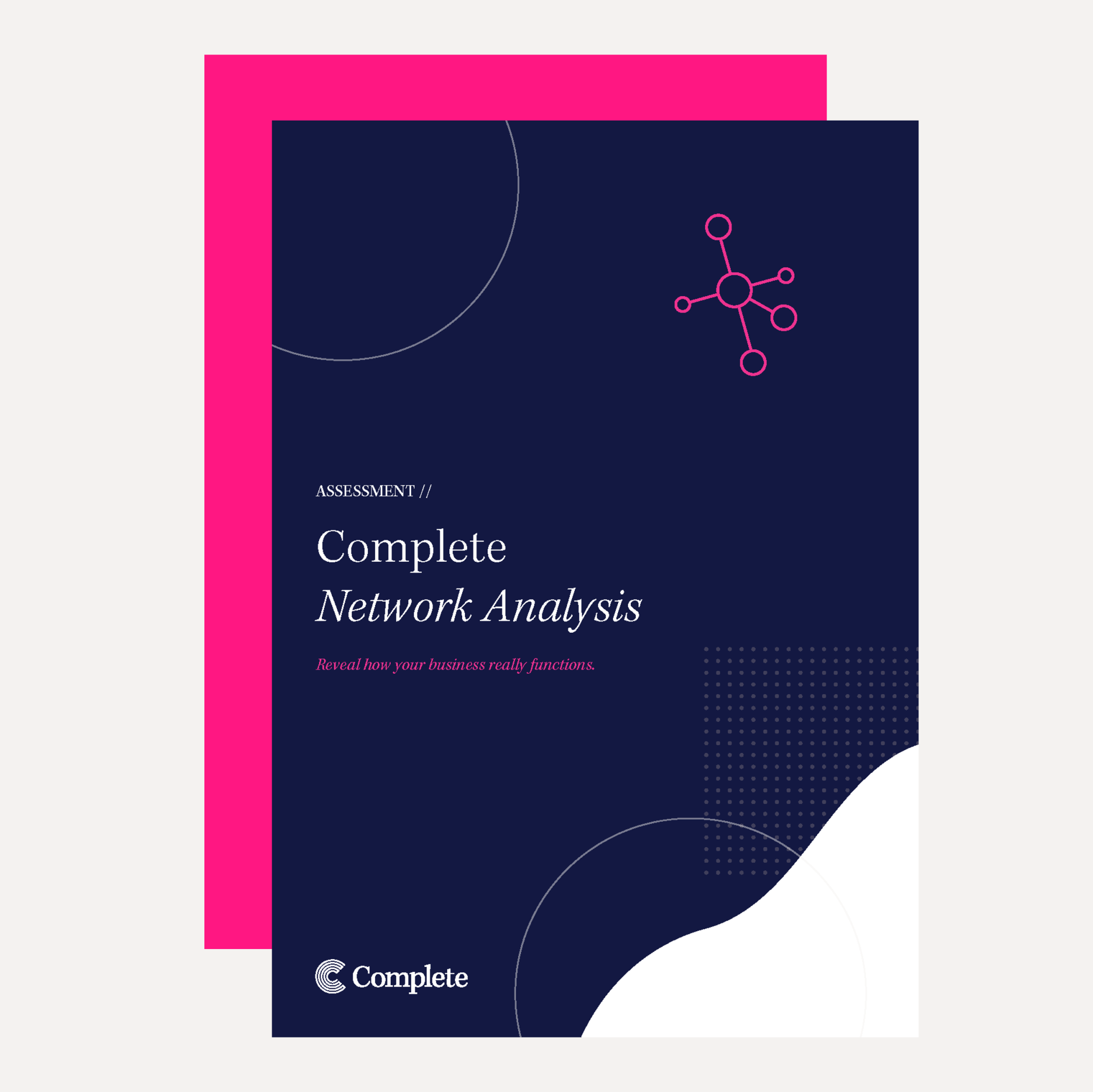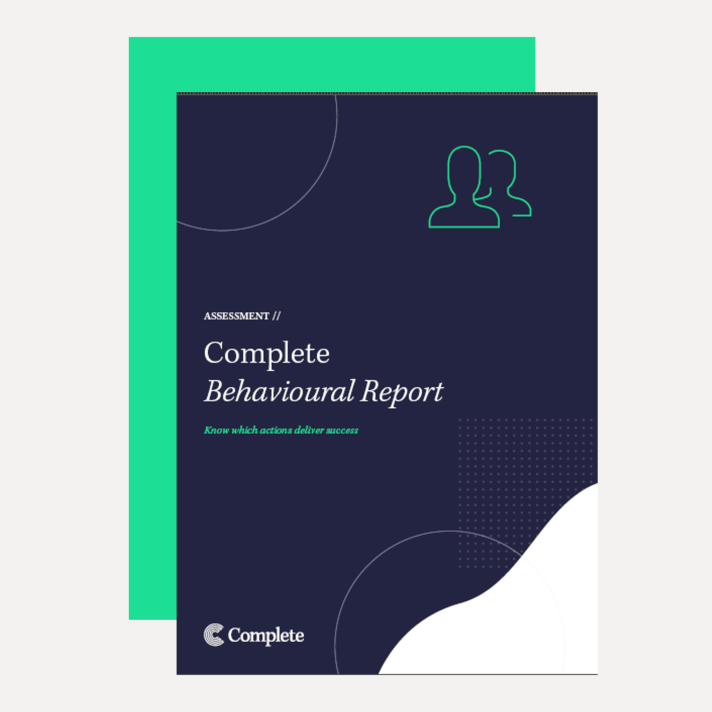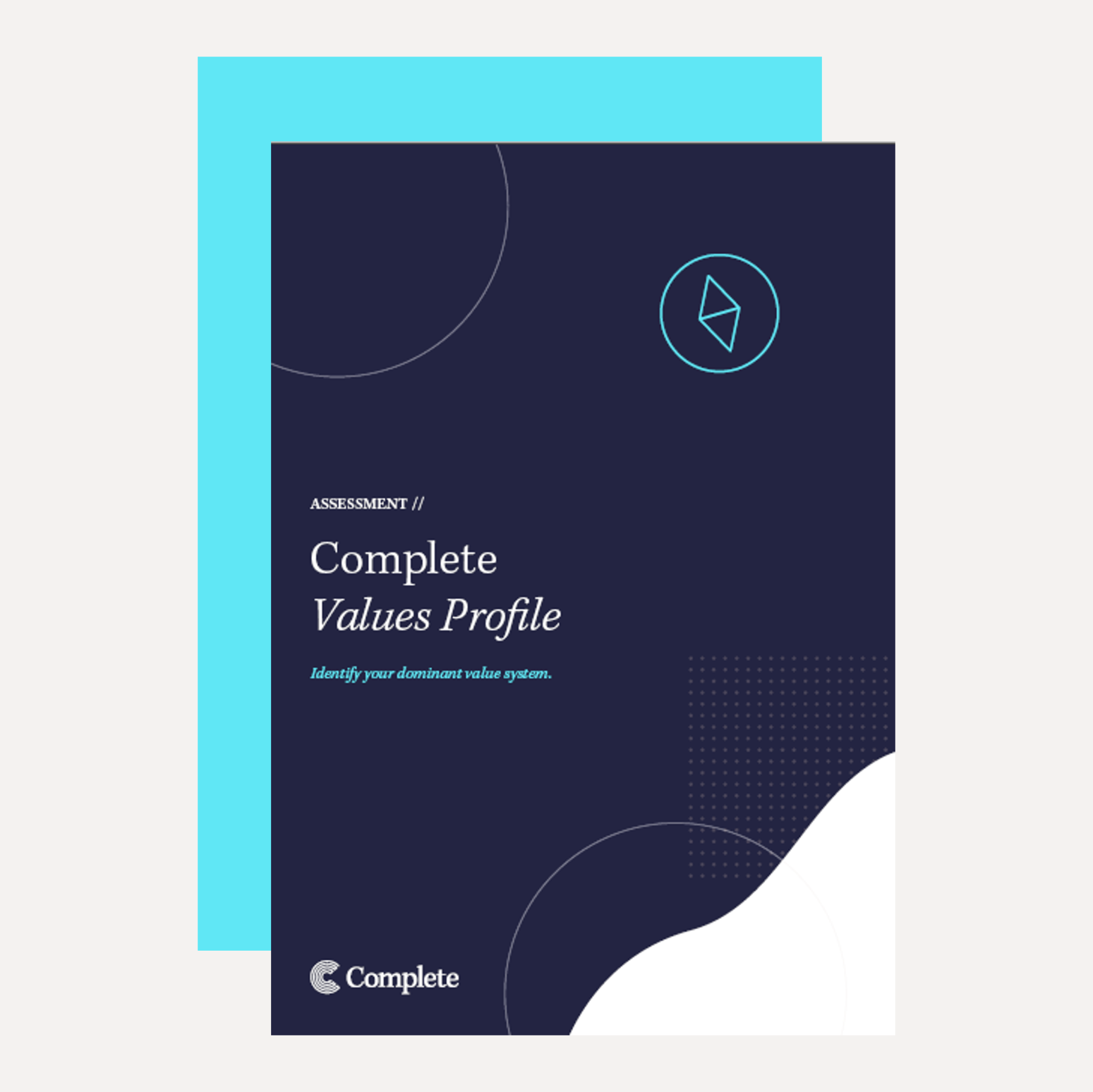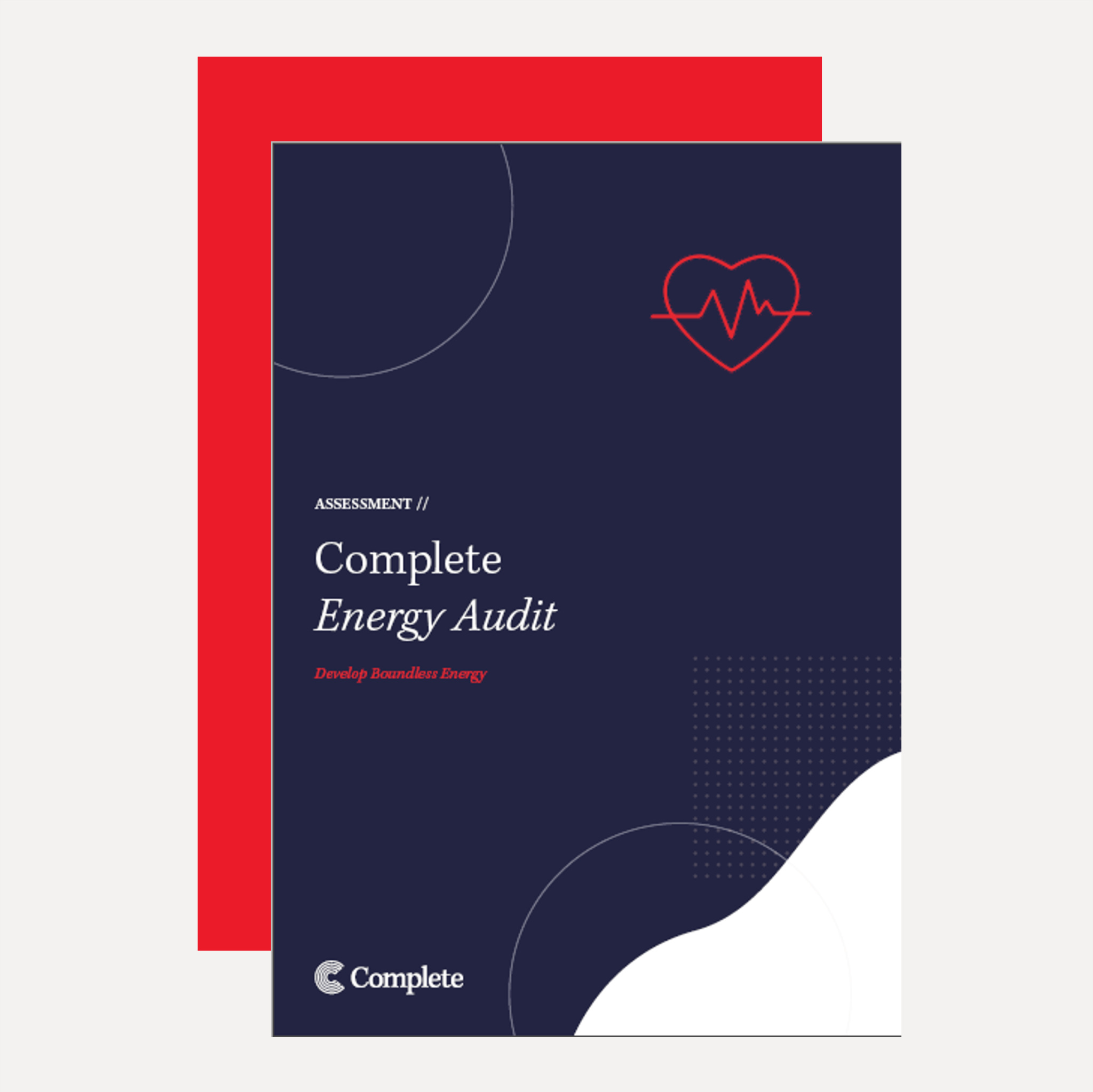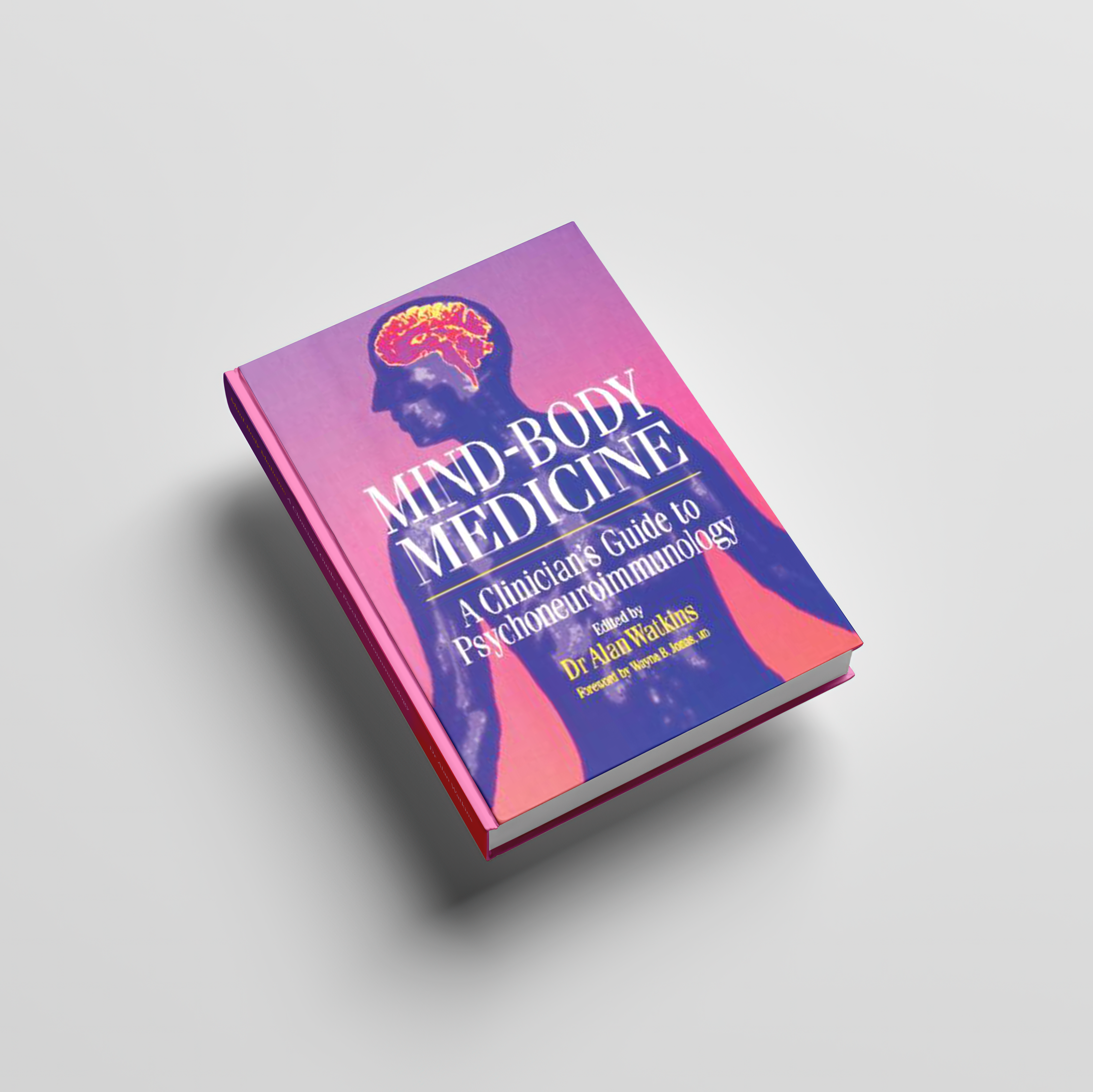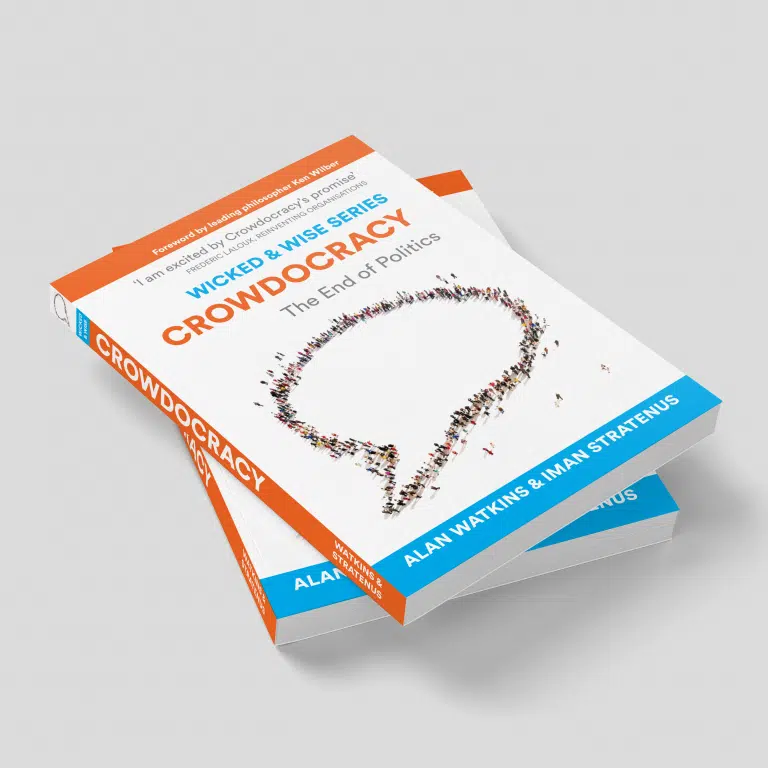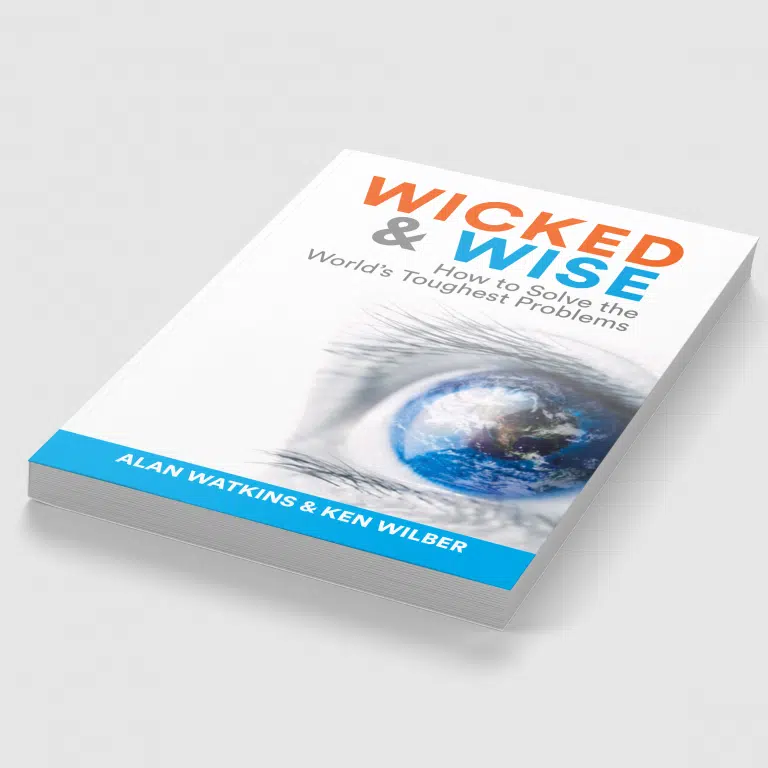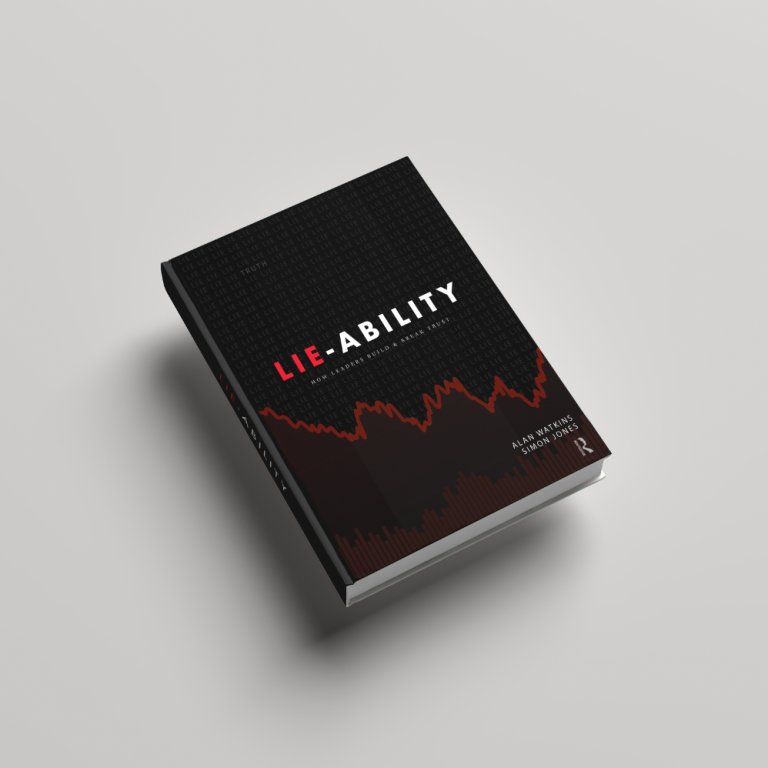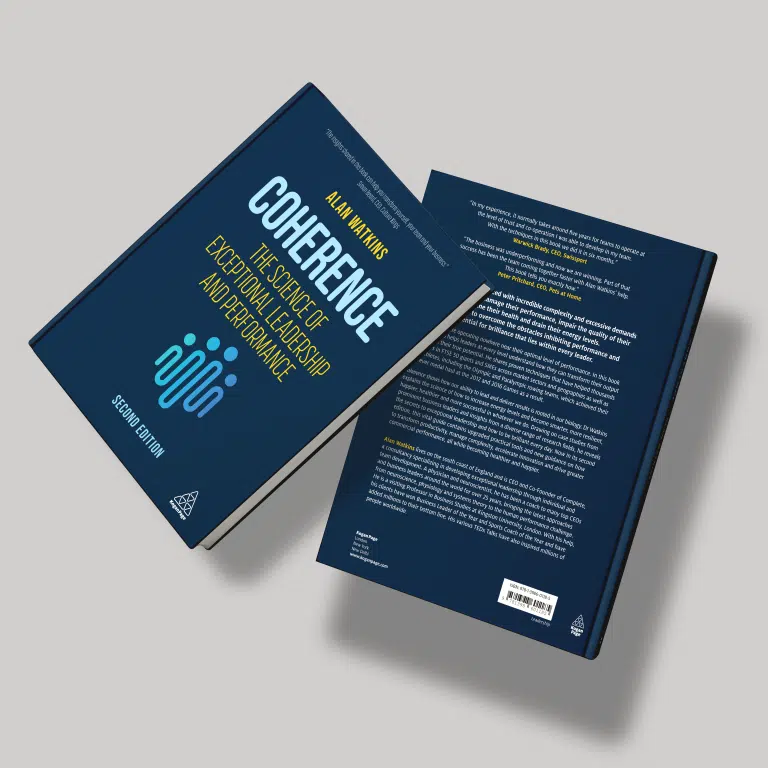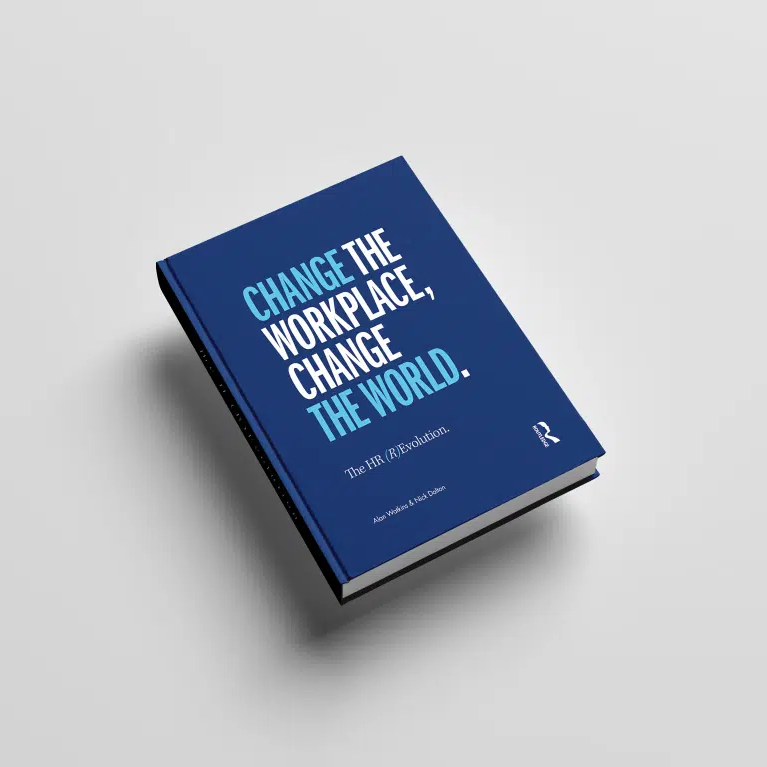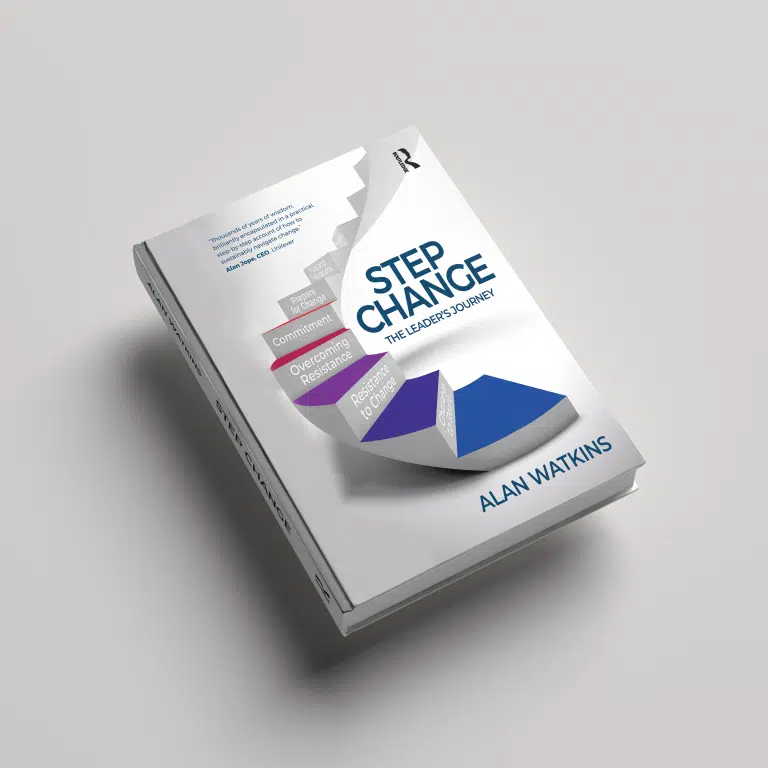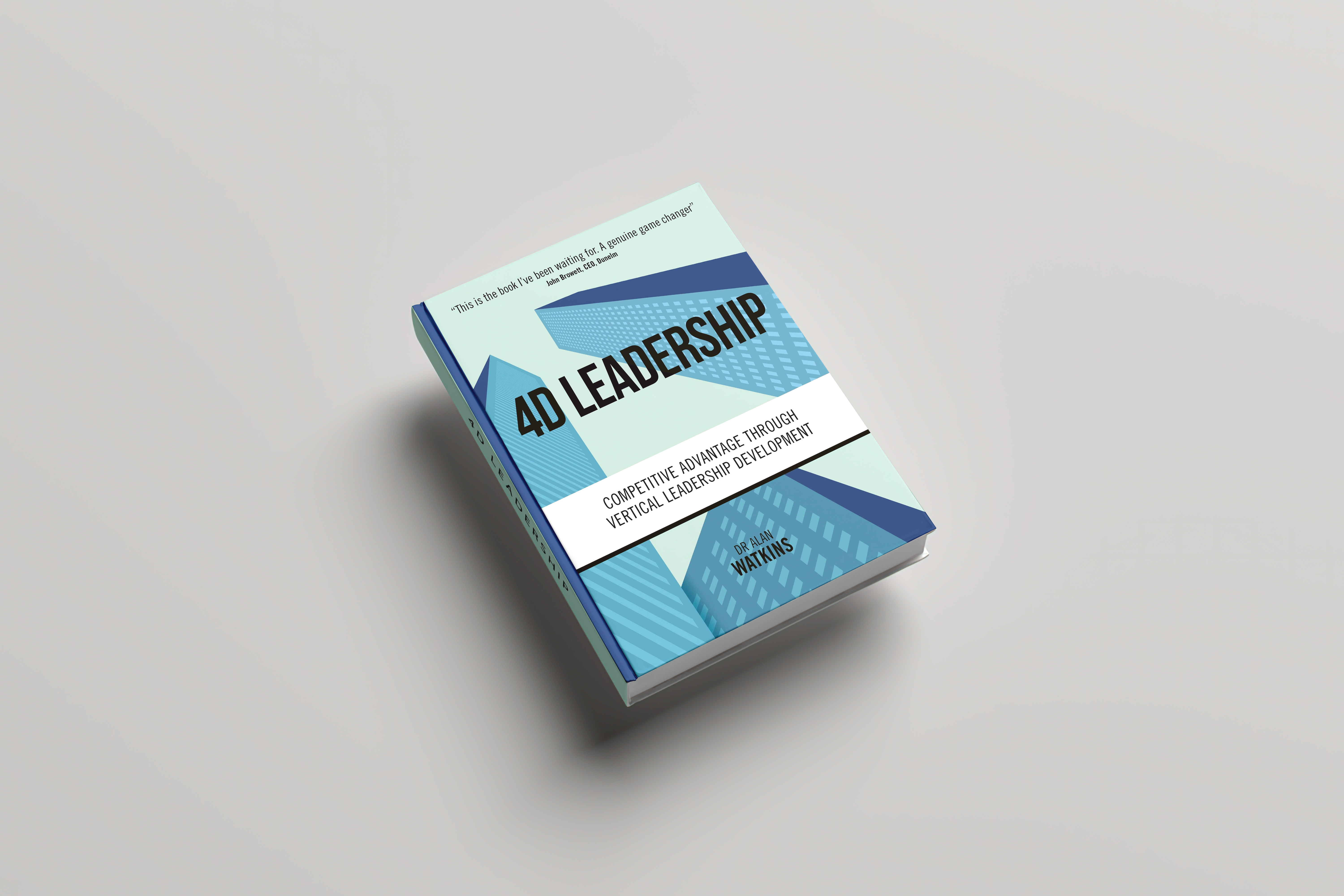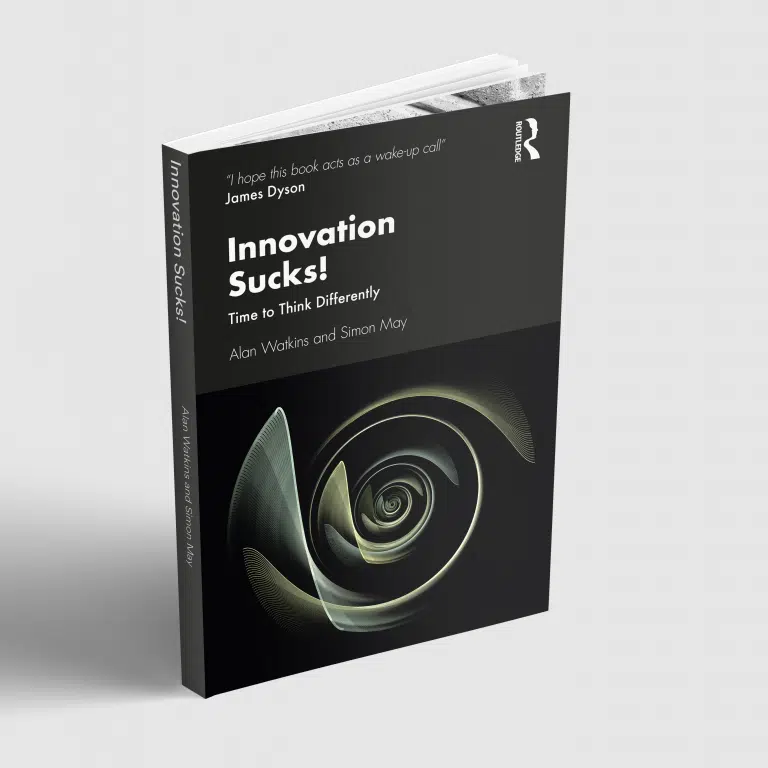According to LinkedIn, around 28,000 people in the UK call themselves a business coach. Type in ‘executive coach’ and there are still over 3,300 in the UK. If you attempt to refine that long list still further by looking at certified coaches via organisations like the International Coaching Federation, your potential list of coaches still stretches beyond 3,000 for the UK alone.
Anyone can set themselves up as a coach, and while certifying organisations, who set themselves up as such, may offer some guide to quality, there is no widely agreed standard in the UK or internationally. As a result, it is very difficult for many organisations to know what a good coach looks like. Companies don’t have time to sift through thousands of profiles on LinkedIn and if, like most people, you just follow the recommendation of a colleague, how do you know that the person suggested is right for you or is suitable for your organisation?
Given this situation, we would like to suggest, in this blog, a method for telling the best coach from the worst. If you’re looking for an executive coach, or responsible for engaging coaches for others, here’s what you need to know:
The 4 As buyers’ guide to coaching
Aptitude or skillset
A lot of coaches come with a single skillset or expertise. They may have a background as an organisational psychologist, so, this is the lens through which they see the world. Or they may have been trained as a Gestalt psychotherapist, they may have been an HR manager, they may be an ex-athlete or done a few weekend courses in NLP.
Whatever their background, most coaches have a limited area of knowledge. As a result, their perspective on their clients’ issues is constrained by their narrowness. So, we suggest you test the breadth of their knowledge base and expertise. Do they have a broad aptitude or skillset? The greater the breadth of a coach, the more likely they are to be able to use the right model for your engagement.
Look for coaches who are broadly trained and can draw on and apply a range of models such as neuroscience, emotional and social intelligence, sports or depth psychology, adult development, psychosynthesis, organisational design, complexity theory or many other relevant disciplines. The broader the skillset the better.
Amplitude or scale
While experience of your sector is helpful, look beyond that for the best coaches. Have they coached at different levels (C-suite, mid-manager, shop floor), different market sectors (public, private, education, third-sector, sports), and in different geographies?
If they’ve only ever coached at one level, in the UK, they’re unlikely to be as effective as someone who has coached globally in multiple sectors in both large and small companies.
This range of experience is often a good predictor of the quality of coaching you will receive. Coaches that can deliver to a high standard in different geographies, different market sectors, in the board room or the shop floor, in a one-on-one setting as well as in a team environment, a coach that can speak to 20 people as easily as 2,000 people is much more likely to have the adaptability you are looking for. A coach with such range and amplitude will most likely have the level of culturally flexibility that your organisation’s needs.
Attitude or social intelligence
Sadly this is often the first and only factor taken into consideration when appointing coaches. Do you get on with the person? Of course, a good coach needs to have excellent communication skills because coaching is about relationships. You need to feel that you can be open in your conversations with this person, including giving them tough feedback and receiving honest critique. However, be careful not to over-privilege your personal chemistry to the exclusion of the other ‘As’ in this good buying guide. It’s important, but of the four A’s it’s least important factor, which brings us to the final ‘A’ …
Altitude or sophistication
The most important of the four As in this buyers’ guide to coaching is the depth of understanding the coach has in their multiple fields. Did they once do a weekend course in neuroscience, or do they have a PhD in the subject? Consider a prospective coach’s altitude across those different aptitudes. You’re looking for both breadth and depth.
Think also about how sophisticated they are as a human being. Are they wise and mature? This may not seem as easy to assess as formal qualifications, but you can make a judgment about how perceptive they are. For example, what degree of nuance do they bring to the challenges you are facing? Do they bring you fresh perspectives? Is there some substance behind what they’re saying? Maybe they’ve written multiple books or are considered worthy of keynote speaking. These are all good indicators of sophistication.
Evaluating potential coaches across these four dimensions will help you whittle that list of thousands down to just one or two high-quality coaching companies and individual coaches.
Which brings me to price. Price is probably negatively correlated with coaching quality. If it’s cheap, it’s cheap for a reason. Cheaper options are likely to be so generic that they’re not personalised to you and so have very little value. That’s why it’s not one of the dimensions in this buyers’ guide. And be careful not to be distracted by packaging either. Amazingly glossy packaging is no indicator of substance.
What next?
Using the four dimensions above, create a criteria list and run some of your coaches through these criteria to see if they match up. If you’re keen on a particular supplier evaluate why you’re so keen on them, considering the dimensions above.
Read more about Complete’s approach to coaching and how it can be used to evaluate a clear ROI for coaching.






